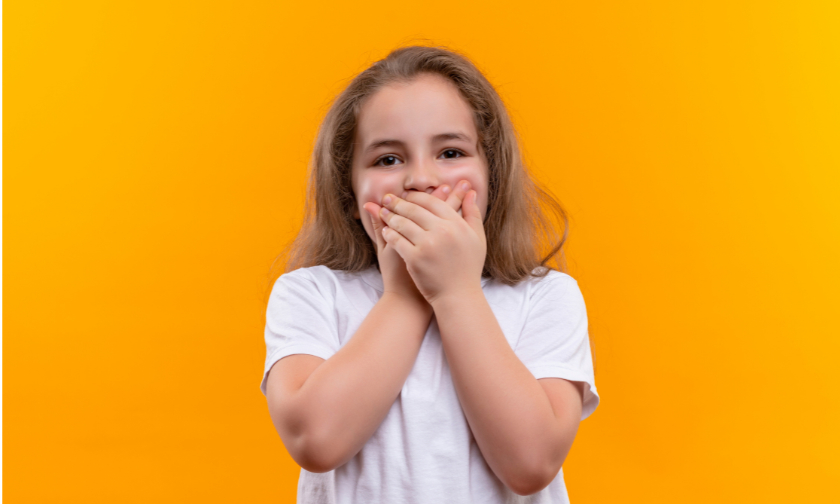Bad breath, also known as halitosis, is a common problem that affects people of all ages. While bad breath in children can be a temporary problem, it can also be a persistent issue that can cause embarrassment and social isolation. One of the primary causes of bad breath in children is poor oral hygiene, but it’s not the only reason. Diet can also be a factor that contributes to persistent bad breath in children. In this blog, we’ll explore how your child’s diet can be responsible for their bad breath and what steps you can take to alleviate it.
How Diet Can Affect Bad Breath in Children
The food we eat has a direct impact on our overall health, and the same goes for our oral health. When we eat, food particles can get stuck in between teeth, and if they are not removed by brushing or flossing, they can start to rot and produce a foul odor. Some foods can also cause bad breath by releasing strong-smelling compounds when we digest them. Here are some examples of how diet can affect bad breath in children.
Sugary Foods and Drinks
Sugary foods and drinks are not only bad for our teeth, but they can also contribute to bad breath. When we consume sugary foods, the bacteria in our mouth feed on the sugar and produce acid, which can erode the tooth enamel and cause cavities. The same bacteria can also produce foul-smelling compounds that cause bad breath. Encourage your child to limit their intake of sugary foods and drinks and brush their teeth after eating them.
Dairy Products
Dairy products like milk, cheese, and yogurt are great for our overall health, but they can also cause bad breath in some children. The proteins in dairy products can mix with the bacteria in our mouths and create a foul-smelling odor. If your child has bad breath after consuming dairy products, try switching to lactose-free options or reducing their intake.
Strongly-Scented Foods
Some foods have a strong smell that can linger in our mouths long after we’ve eaten them. Foods like garlic, onions, and spices can cause bad breath in children. While these foods are healthy and delicious, they can be the reason for persistent bad breath. Encourage your child to brush their teeth after eating strongly-scented foods, and consider using mouthwash to freshen their breath.
Conclusion:
Diet can play a significant role in causing bad breath in children. Encouraging good oral hygiene habits like brushing and flossing can help, but it’s also important to pay attention to your child’s diet. Limiting sugary foods and drinks, reducing dairy intake, and avoiding strongly-scented foods can all help alleviate bad breath in children. If your child’s bad breath persists, it’s a good idea to consult a dentist or pediatrician to rule out any underlying health issues.
Ans. Poor oral hygiene, dry mouth, and sinus infections are other factors that can cause bad breath in children.
Ans. Yes, bad breath can be a sign of an underlying health condition like diabetes, liver problems, or respiratory infections.
Ans. Encourage your child to brush their teeth twice a day, floss daily, and use mouthwash to freshen their breath. Also, make sure they visit a dentist regularly for checkups and cleanings.


